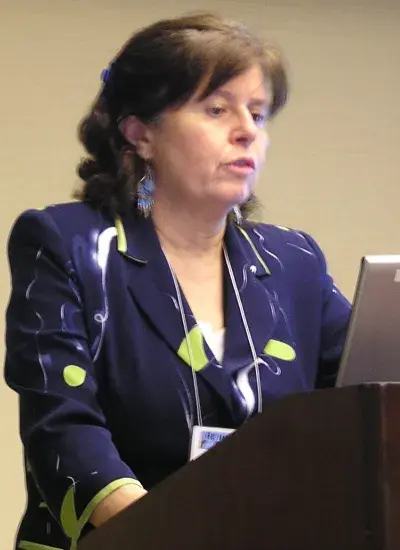How to educate efficiently students in low-income countries? Hidden insights from cognitive neuroscience

Speaker
Helen Abadzi
Education Specialist, Education for All Fast Track Initiative
When
-
Where
Newell-Simon Hall 1305 (Michael Mauldin Auditorium)
Video
Video link
Description
The Education for All initiative has resulted in unprecedented numbers of students enrolling in school in low-income countries. Classes are crowded with children of uneducated families, who are often taught without textbooks and by teachers of limited education. What instructional aspects to prioritize in such conditions and how? The educational principles of higher-income countries have limited relevance. However, answers may be found in 20th century cognitive psychology research as well as the more recent neuroscientific findings. The research is translational, but it provides an information-processing framework and reliable policy advice on how to improve the education of the poor. Dr. Abadzi will present the salient issues and pertinent research, using videoclips from the classrooms of many countries.
Speaker's Bio
Helen Abadzi is an education specialist at the Education for All Fast Track Initiative (EFA FTI) secretariat. By background she is an educational psychologist with a doctorate in general-experimental psychology from the University of Texas at Arlington (1983). She has worked at the World Bank for 23 years, 14 of them at the Independent Evaluation Group. As an evaluator, Helen visited completed projects financed by the Bank in many countries and learned a lot about making instruction more efficient in the schools of the poor. A particular issue that requires attention worldwide has been the acquisition of reading (and also math) skills by the poor.
In her current position Dr. Abadzi tries to disseminate cognitive neuroscience research that is applicable to the education of poor students in low-income countries. Helen, who is originally from Greece, is a polyglot and learns the languages of the countries she works on. Thus she has been able to follow reading research and issues pertinent to many languages and scripts and to understand what is being taught in classes. She has written a number of books and articles on cognitive neuroscience implications that have been quite influential, particularly with respect to reading fluency. She is often invited internationally to make presentations of her findings, which she enriches with videoclips from classrooms around the world.
Host
Matthew Kam

